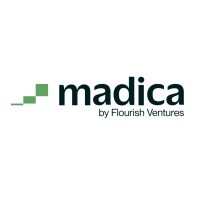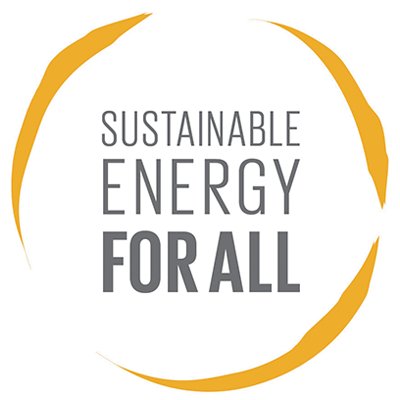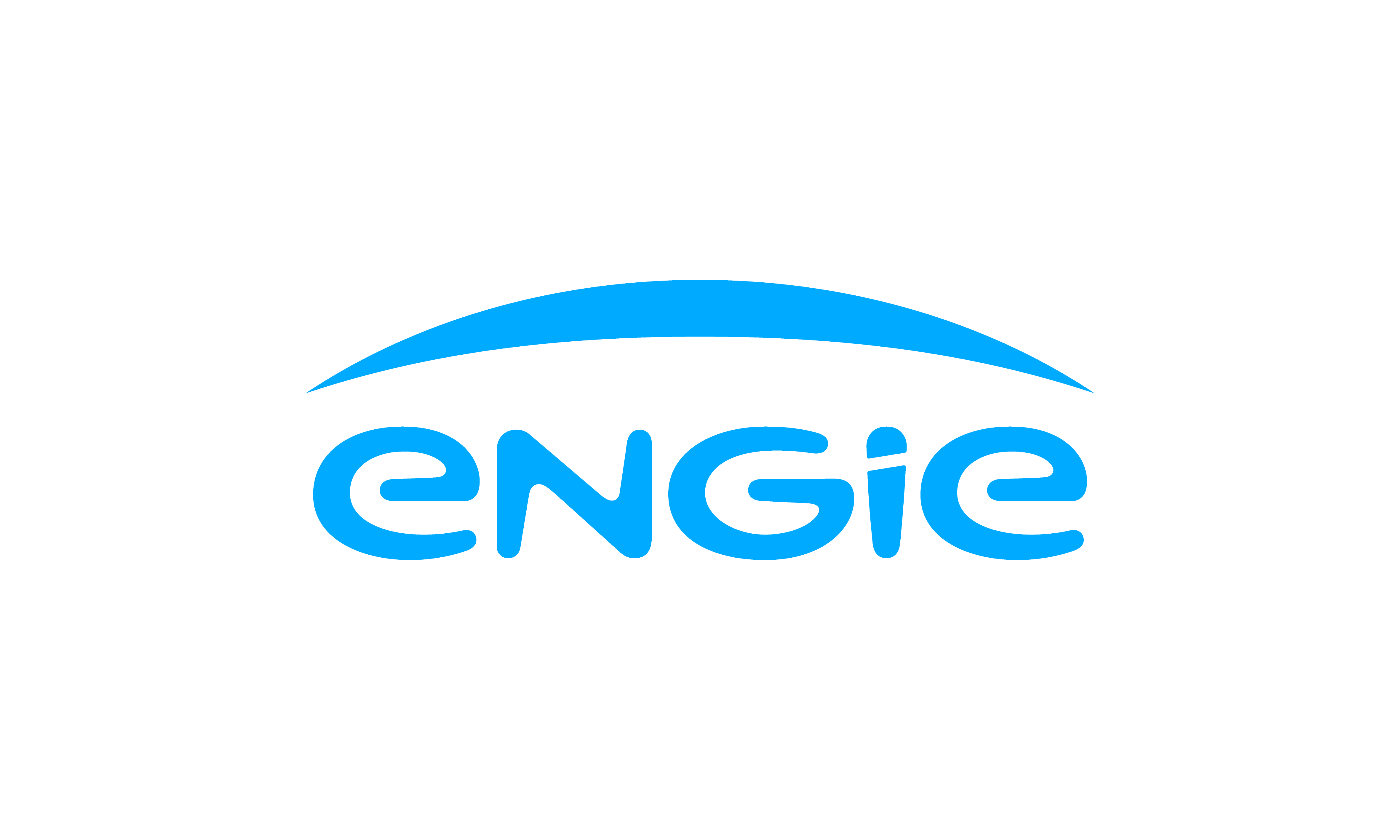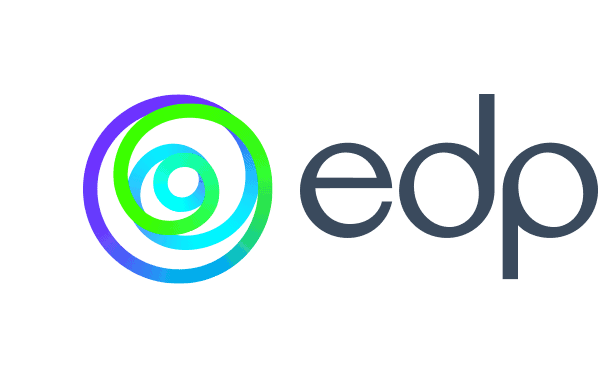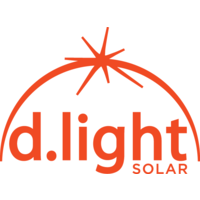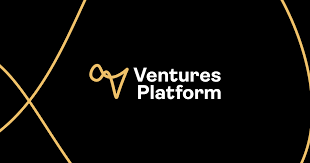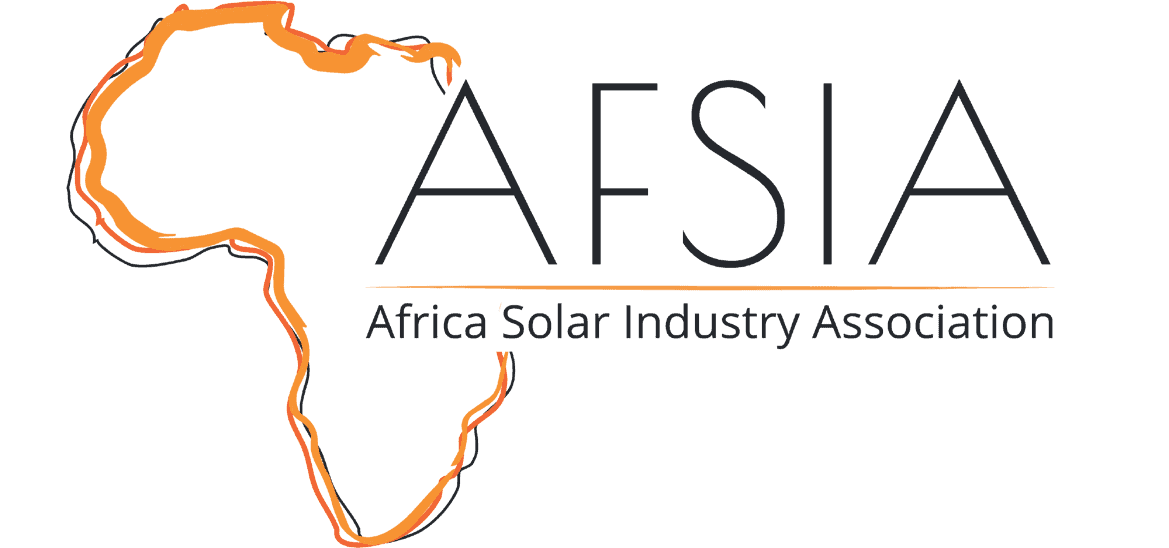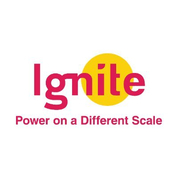13 October 2024: In an effort to drive domestic green energy investments, GET.invest launched its new service EDGE Finance (Enabling Domestic Green Energy Finance) at the Global Off-Grid Solar Forum & Expo 2024 in Nairobi. EDGE Finance specifically targets domestic financial institutions, such as commercial banks, microfinance institutions, and pension funds, providing them with the necessary knowledge, tools, and network to support green energy initiatives in their markets.
Green energy investments must increase significantly to meet universal energy access and global climate goals. However, many green energy projects and companies face significant barriers in accessing adequate funding which, when available, often comes with high costs, short tenors, and additional risks due to currency mismatches between inflows and outflows. Domestic financial institutions are well-positioned to address these challenges – given their deep market knowledge, financial assets, and ability to provide local currency funding – but they often struggle with limited experience in green finance, pipeline development, risk assessment tools, and the availability of tailored financial products for green energy projects.
EDGE Finance aims to support domestic financial institutions in overcoming these challenges by offering a comprehensive capacity building package that includes tailored coaching, training and advisory services. It will be implemented through a new and innovative combination of on-site staff coaching over several months and online training modules for deepening or reinforcing specific topics. The overall capacity building will target all green energy finance-relevant groups within financial institutions, from management level to risk, communication, SME, or corporate loan officers as well as other related teams.
The new service is part of GET.invest’s efforts to mobilise funding for clean energy and is closely linked to the GET.invest Finance Access Advisory (FAA), creating a comprehensive support system from project preparation to financial closure.
“EDGE Finance directly addresses the lack of capacity among domestic financial institutions to finance green energy projects. This capacity gap often leads to missed opportunities, as many institutions are unable to structure appropriate financial products or assess the unique risks of this kind of investments. Equipping domestic financial institutions with the right knowledge, tools and support is key to ensuring that they can be drivers of the green energy transformation.” - Sebastian von Wolff, Head of Finance Systems Advisory at GET.invest.
EDGE Finance’s activities will start with Kenya and later expand to additional countries where GET.invest operates. The service will be implemented by a consortium led by Internationale Projekt Consult GmbH (IPC), with support from the Renewables Academy (RENAC) AG. IPC brings over 40 years of expertise in helping banks and microfinance institutions strengthen their business models, explore new client segments, and capture emerging market segments such as green energy finance. RENAC complements this with over 20 years of excellence in green energy and sustainable finance training. Together, both partners have extensive experience working in GET.invest target regions and supporting financial institutions worldwide.
Financial institutions interested in receiving support can reach out at This email address is being protected from spambots. You need JavaScript enabled to view it. to express their interest, check the eligibility criteria and request application materials. Read more about our offer to domestic financial institutions here.








